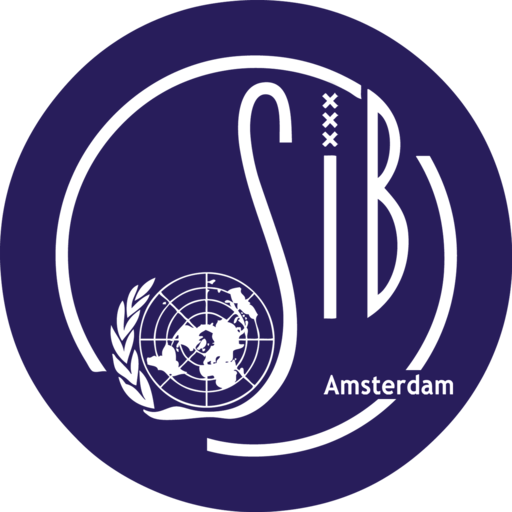Report: Lecture: Protecting Compatriots. Russian Foreign Policy & its consequences.
On January 26, SIB-Amsterdam organised a lecture on Russian Foreign Policy, regarding the protection of compatriots. Here a report of the evening!The first speaker, Alexander Lipen, shortly discussed the history of the Soviet Union and its main difference with contemporary Russia. Lipen argued that after the disintegration of the Soviet Union the policies were influenced by Western advisors. Capital was privatized and divided amongst an oligarchy. The two questions that the oligarchy asked were: " How can we establish authority?" and "How can we accumulate wealth?". The answer to the first question was to increase nationalism. The answer to the second question was to assassinate anyone who disagreed.How can we justify Russian intervention abroad? Lipen stated that this is nothing new. The West has been doing it for many years. Most international policies of Russia actually comes from Western behavior. Lipen continued to discuss three cases (Georgia, Crimea and Donetsk) in which Russian intervention is justified.According to Lipen the uprising in Ukraine was initially against corruption and was hijacked by right winged groups. He criticized the West for being hypocritical since they have been doing this for many years, one example is Libya. Lipen continued to argue that the West lacks methods of state building. Dictators are removed but not much is done afterwards.Lipen closed by asking what we will achieve if the West continues this war rhetoric against Russia: will it bring forward dialogue or will it create a bigger distance?The second speaker, Marc Jansen, started by mentioning that Putin’s argument for Russia's interference in Ukraine is that Russians and Russian speakers are being discriminated against. Jansen then stated that the issue was not about discrimination but about neo-colonialism. After the disintegration of the Soviet Union, Russia decided to keep expanding.Jansen states that Russia has a concept of “Russkiy Mir”, which means “Russian World”. There is culturally nothing wrong with this concept. Similar networks exist in other countries. However, Jansen continued, it is also a geopolitical concept. In 1991 around 25 million Russians found themselves outside of Russia. That number is diminishing because of re-identification, immigration or dying out.Jansen then stated that once countries like Latvia, Lithuania and Estonia gained independence, only the residents (and their lineage) of former 1940 were automatically entitled to citizenship. Thousands of Russians did not qualify. Russia used this as a political foreign policy tool. With the argument of “there are Russians living there”, Russia attempted to add new territory.The concept of Russkiy Mir is very broad and can be used in a lot of different contexts. For example, Ukrainians can be seen as Russian as well.Putin put the Ukrainian crisis in the context of “Russkiy Mir”. He stated that Russians and Ukrainians have a joint future and the Ukrainians who don’t agree are miserable banderists or even fascists.We had a very interesting night and learned a lot. Thanks to mr. Lipen and Jansen for their participation. We hope to see you all soon at our next lecture on African dictatorships in the 21st century!
